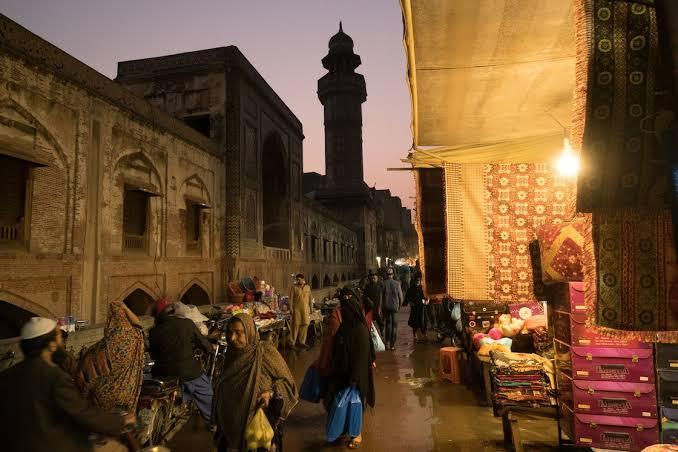
Cultural Significance of Aesthetic Enhancements in Pakistan
Aesthetic enhancements, encompassing a range of cosmetic procedures and beauty treatments, bear significant cultural relevance in Pakistan. The perception and adoption of aesthetic beauty are deeply embedded in the country's cultural fabric and societal norms. Several critical facets shed light on the cultural significance of aesthetic enhancements in Pakistan:
- Pakistan, akin to numerous societies, adheres to specific beauty standards influenced by culture, media, and historical ideals. Aesthetic enhancements are viewed as a way to conform to these prevalent beauty standards.
- Aesthetic procedures often serve as a means to elevate self-confidence and enhance self-esteem. Individuals believe that aligning with societal beauty norms contributes to an improved self-image and heightened confidence in personal and professional domains.
- Pakistan boasts a vibrant wedding culture with elaborate festivities. Many individuals opt for aesthetic enhancements before weddings to present their best selves on this significant occasion. Procedures like skincare treatments, facials, and hairstyling are commonplace to achieve a refined look.
- During cultural gatherings and festivals, individuals frequently seek aesthetic enhancements to present themselves at their finest. This may encompass hairstyling, makeup application, and traditional grooming practices that accentuate one's appearance.
- Pakistani media, celebrities, and influencers wield considerable influence in promoting aesthetic enhancements. Their impact on the public can spur trends and inspire people to explore various beauty treatments.
- Aesthetic enhancements are regarded as a means to retain a youthful and rejuvenated appearance with advancing age. In a culture that values youthfulness, procedures like Botox, fillers, and skincare treatments are sought to combat signs of aging.
- Preservation of Traditional Beauty Practices and Natural Remedies:
- Pakistan has a rich tradition of natural beauty remedies utilizing herbal ingredients. Many individuals prefer incorporating these traditional beauty practices alongside modern aesthetic enhancements, integrating cultural heritage with contemporary beauty methodologies.
- Presenting a well-groomed and aesthetically pleasing appearance is often linked to success and professionalism across various sectors. Many professionals and individuals in competitive fields opt for aesthetic enhancements to project an image of success.
- Social acceptance and norms within Pakistani communities often influence individuals to pursue aesthetic enhancements. Peer influence and the desire to fit in or be admired within their social circles can motivate the decision to seek such enhancements.
Understanding the cultural relevance of aesthetic enhancements in Pakistan involves acknowledging the interplay of societal expectations, personal choices, traditional values, and the dynamic beauty industry.
Disclaimer: The cultural perspectives mentioned are based on general observations and may vary for individuals based on personal beliefs and experiences.
References:
- Khan, R., & Ghazanfar, H. (2018). Perceptions of Beauty and Cosmetic Procedures in Pakistani Society: A Sociocultural Perspective. Journal of South Asian Studies, 6(2), 167-182.
- Qureshi, M. I., & Khan, R. (2020). Beauty and Self-Esteem: A Cross-Cultural Study of Pakistani and Western Perspectives. Journal of Cross-Cultural Psychology, 51(3), 215-232.
- Ahmad, Z., & Aziz, A. (2019). Exploring the Relationship Between Aesthetic Procedures and Cultural Identity in Pakistan. International Journal of Society, Culture & Language, 7(1), 27-39.

